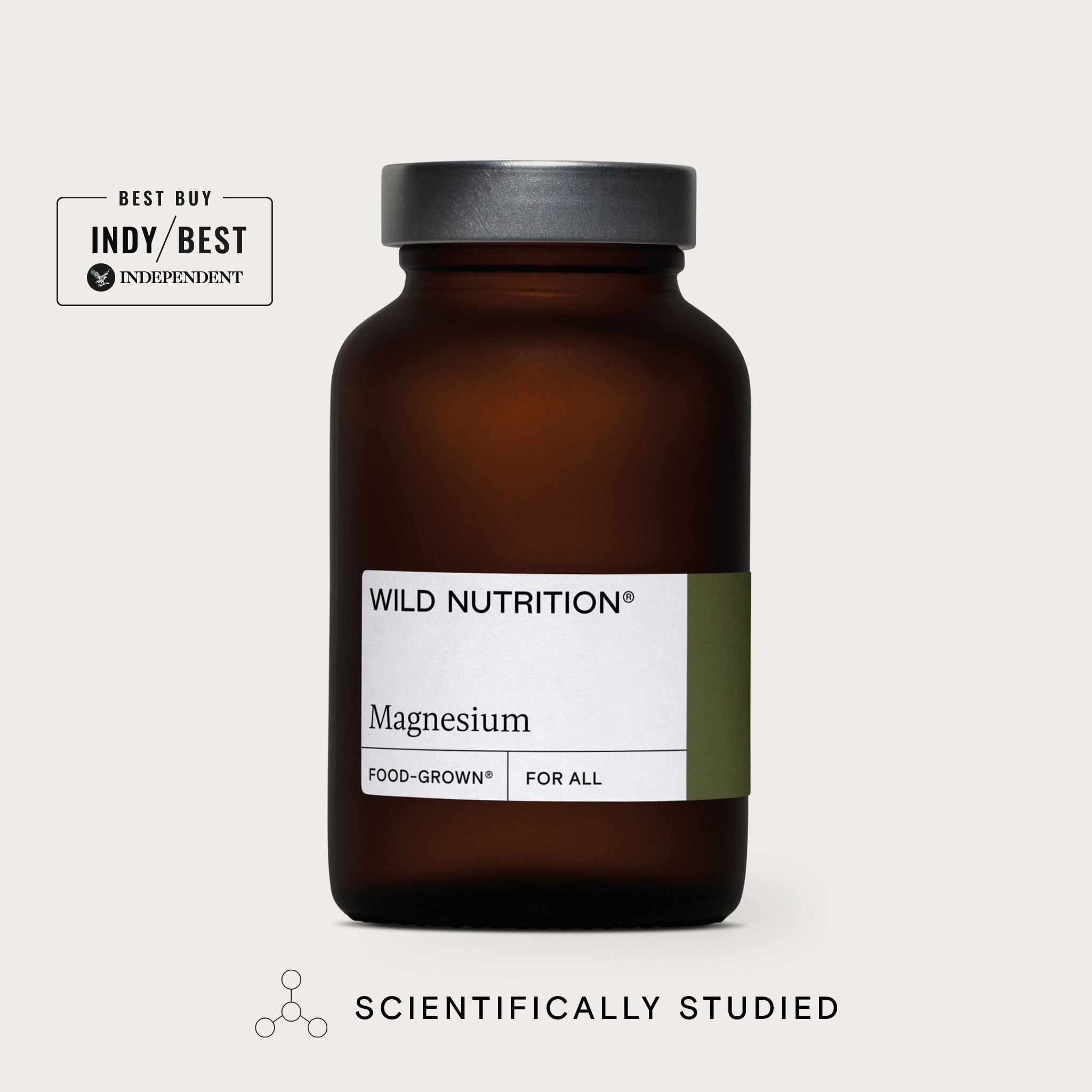
Magnesium: Are You Getting Enough?
Magnesium, ‘nature's tranquilliser', is one mineral that your body can’t afford for you to ignore. This powerful mineral is responsible for over 300 enzyme reactions in your body. In emergency, medicine magnesium is given all the time, to pregnant women with pre-eclampsia or arrhythmia for example.
Yet in palliative medicine, this is commonly overlooked despite its central role in normal energy metabolism, healthy bones and teeth, and the reduction of fatigue, anxiety and stress.
Yet, did you know that it is one of the most common dietary deficiencies in the world? 75% of western women are estimated to have inadequate levels, most of whom don't even know it.
A respected scientific review of magnesium concluded: “It is highly regrettable that the deficiency of such an inexpensive, low-toxicity nutrient results in diseases that cause incalculable suffering and expense throughout the world.” How would you know if you could be magnesium deficient?
The following symptoms are commonly experienced when magnesium is low:
- High blood pressure
- Diabetes
- Obesity
- Osteoporosis
- Insomnia
- Irritability
- Sensitivity to loud noises
- Anxiety
- PMS
- Asthma
- Menstrual cramps
- Irritable bladder
- Irritable bowel syndrome
- Kidney stones
- Headaches
- Migraines
- Fibromyalgia
- Chronic fatigue
Why are so many of us magnesium deficient?
Firstly, the modern ‘convenience’ diet of shop bought lunches and white, highly processed grains, meat and dairy provide us with a pitiful amount of magnesium.
Secondly, our modern life appears to conspire to help us lose what precious little we had in the first place. Alcohol, stress, coffee, sweating, digestive ill health, parasitic infection, heavy menstruation, laxatives, diuretics, ant-acids and contraceptive pill are all examples of how we can reduce our magnesium store.
Lastly, to effectively absorb magnesium we need adequate levels of other vitamins too, such as vitamin B6 and vitamin D, as well as the trace mineral selenium.
Can you test for magnesium deficiency?
The most common test used by conventional medicine is a serum magnesium test but is this perhaps the least sensitive way to detect a drop in your TOTAL body magnesium. The most effective marker is to measure red blood cell magnesium instead, this tells us how much magnesium is actually reaching the body tissue.
Supporting your magnesium levels
Nourish yourself with magnesium-rich foods including:
- Pumpkin seeds
- Almonds
- Walnuts
- Wheat germ
- Oats
- Millet
- Buckwheat
- Avocado
- Barley
- Brown rice
- Kelp
- Collard greens
- Kale
- Figs
- Dates
Be mindful of your coffee intake, alcohol and long-term medication.
You might also want to try supplementing your healthy diet the Food-Grown® way with our Bespoke Food-Grown® Magnesium.












